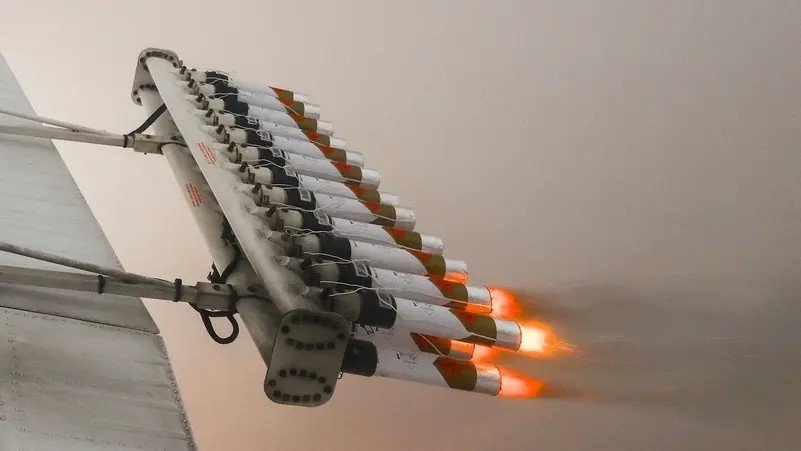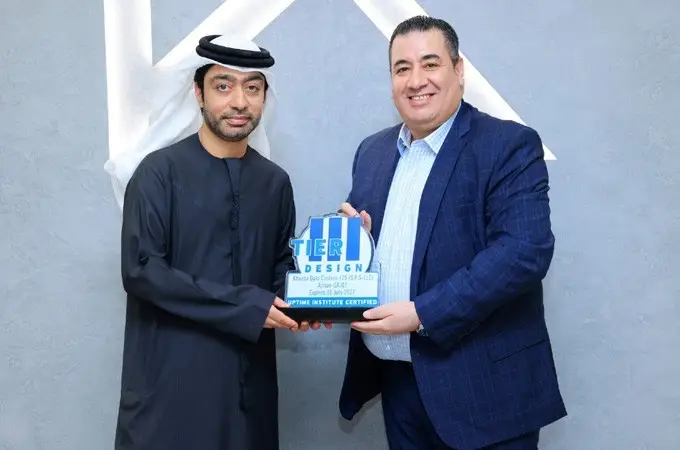The UAE is transforming its cloud seeding program into a data-driven operation by leveraging AI and space technology, marking a critical step in the nation’s water security strategy. Experts at Space42, the UAE’s leading space technology company, revealed how these innovations are reshaping the future of weather modification.
In a region with less than 100 millimeters of rainfall annually, the UAE is using artificial intelligence (AI) and Earth Observation (EO) technologies to optimize its cloud seeding efforts. These advancements have shifted the country’s cloud seeding operations from guesswork to a precise, data-driven approach, enhancing the effectiveness of weather modification efforts.
Dr. Prashanth Marpu, Chief Technology Officer at Bayanat Smart Solutions, which operates under Space42, explained how AI and satellite imagery have made the UAE’s cloud seeding operations more accurate and targeted. “What was once a nascent practice is now guided by predictive analytics, real-time modeling, and advanced environmental monitoring,” Marpu said.
The UAE’s cloud seeding efforts are supported by technologies such as synthetic aperture radar (SAR) satellites and high-resolution optical sensors, which provide continuous monitoring of atmospheric and ground conditions. Space42’s AI-powered platform, GIQ, aggregates these data streams to predict cloud behavior, wind dynamics, and terrain saturation, optimizing the timing and targeting of weather modification missions.
The UAE’s cloud seeding program is not only a crucial part of its water security efforts but also plays a vital role in addressing the nation’s growing water consumption. The UAE aims to reduce overall water demand by 21% and increase the reuse of treated water to 95% by 2036. Cloud seeding has evolved from an experimental technique to a core part of the country’s operational capabilities, guided by precision and data-driven insights.
The significance of AI-driven cloud seeding was highlighted during the unprecedented rainfall in 2024, which led to widespread flooding. Space42’s systems, including Digital Twin simulations and SAR satellites, provided real-time insights, allowing authorities to take proactive measures. This real-time intelligence was crucial in managing the storm’s impact and improving the effectiveness of the UAE’s emergency response efforts.
Looking forward, AI is expected to play an even larger role in weather modification operations, with AI systems set to become self-learning and capable of adjusting cloud seeding strategies in real-time. The ultimate goal is to make these operations more cost-effective, environmentally sustainable, and adaptable to changing climatic conditions.
Beyond cloud seeding, Space42 is expanding its use of advanced Earth Observation and AI technologies in climate risk management, with applications ranging from flood forecasting to marine conservation. The company is also working on initiatives to support sustainable fisheries and marine biodiversity conservation, further advancing the UAE’s environmental sustainability goals.
The UAE’s cloud seeding program demonstrates the powerful combination of AI, space technology, and data-driven insights in tackling climate challenges and securing the country’s future water resources.















